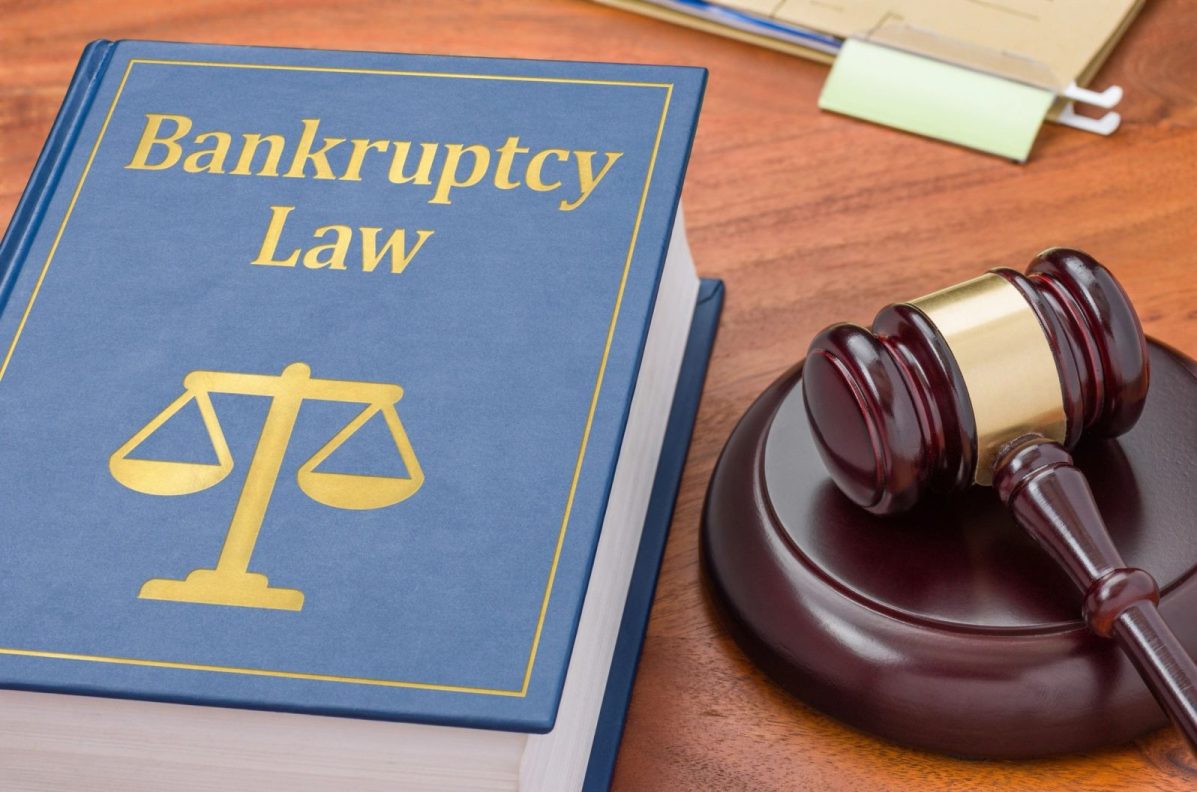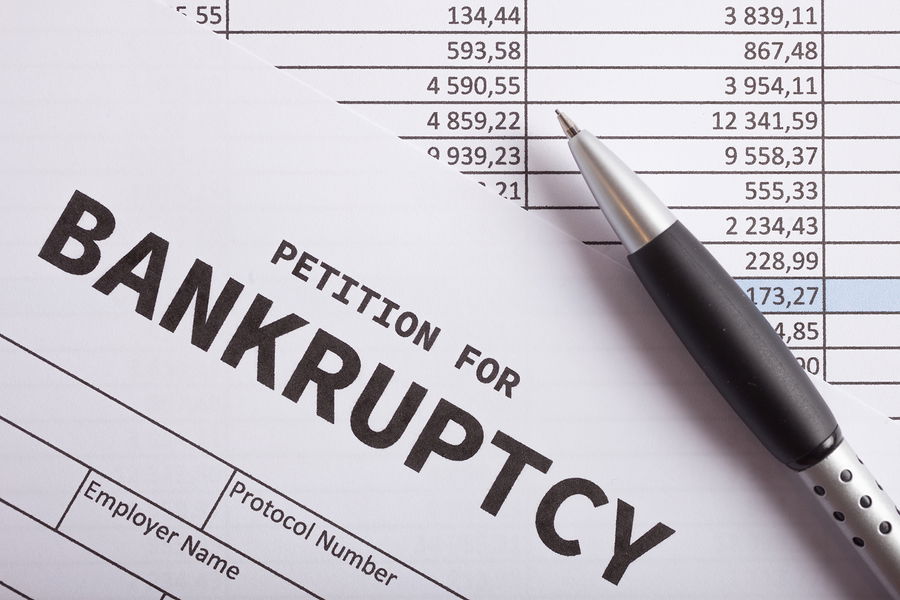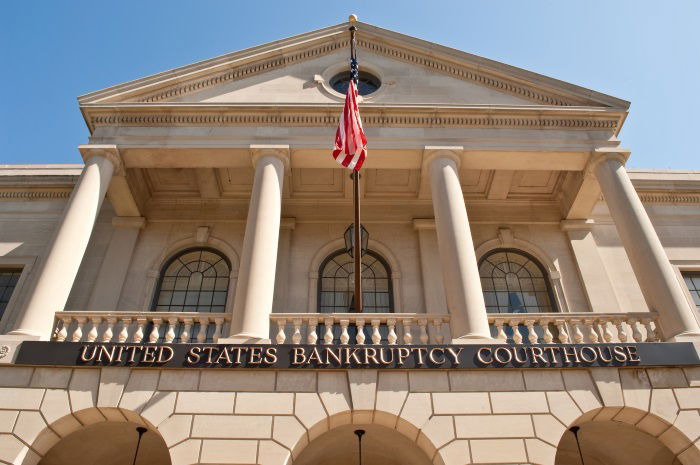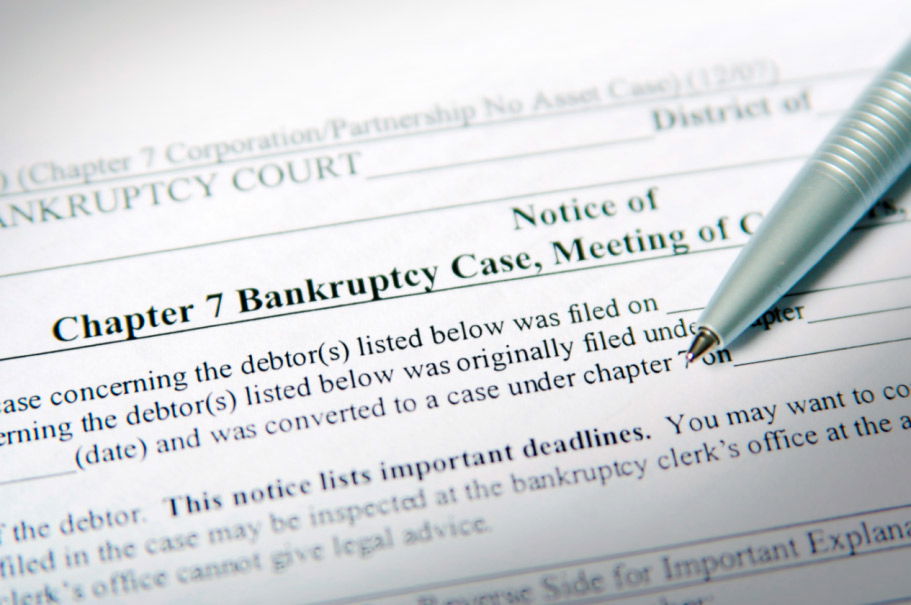Filing for bankruptcy can give you serious relief from overwhelming debt—but it doesn’t erase everything. Some debts are wiped out, others stick with you for life.

This guide explains which debts can be discharged, what bankruptcy won’t cover, and how Chapter 7 and Chapter 13 treat different obligations. If you’re feeling buried, learn what bankruptcy can—and can’t—do before you decide what to do next.
Key Takeaways
- Bankruptcy can wipe out many debts, but it won’t erase everything.
- Chapter 7 eliminates most unsecured consumer debt, but not student loans, recent tax bills, alimony, or child support.
- Chapter 13 sets up a repayment plan. It can discharge leftover unsecured debt after the plan ends, but you still have to pay secured debts and priority debts like taxes and support in full.
What debt does bankruptcy wipe out?
Bankruptcy can eliminate many types of debt, but not all of them. Some debts get discharged—meaning you’re no longer legally responsible for paying them. Others stick with you even after your case is closed.
What matters most is the type of bankruptcy you file and the kind of debt you have.
- Chapter 7 can erase many unsecured debts quickly.
- Chapter 13 gives you time to repay what you owe and may discharge remaining balances at the end of the repayment plan.
Still, bankruptcy isn’t a clean slate across the board. Some debts are protected by law and are almost never discharged. The rest depends on your income, assets, and financial obligations. Knowing which debts qualify for discharge can help you decide if bankruptcy makes sense for your situation.
Types of Debt: What Bankruptcy Treats Differently
Not all debt is treated the same in bankruptcy. The way your debt is categorized affects whether it can be discharged and how repayment works. Here are the three key distinctions that matter:
Secured vs. Unsecured Debt
Secured debt is tied to physical property, like a house or car. If you stop paying, the lender can take back the asset. Bankruptcy won’t automatically erase secured debts unless you’re willing to give up the collateral.
Unsecured debt doesn’t have property backing it. This includes medical bills, personal loans, and most credit card balances. These are the debts most likely to be discharged in bankruptcy.
Consumer vs. Non-Consumer Debt
Consumer debt is related to personal spending—think credit cards, medical bills, or store financing. Non-consumer debt often includes business debt, taxes, and education-related loans. This distinction can affect your eligibility for Chapter 7 and may influence how your case is reviewed in court.
Installment vs. Revolving Debt
Installment debt includes loans with fixed payments over a set period, like auto loans or personal loans. Revolving debt has no fixed end date and includes credit cards and lines of credit. Bankruptcy can handle both types, but secured installment loans may require you to keep paying or surrender the asset.
Which debts are discharged in chapter 7 bankruptcy?
Chapter 7 is often called “liquidation bankruptcy” because it can clear out unsecured debts quickly, usually within a few months. But you have to qualify through a means test, which compares your income to the median in your state. If you make too much money or have disposable income that could cover your debts, you may not qualify.
If you pass the test, Chapter 7 can discharge many types of debt, including:
- Medical bills – Hospital or doctor charges with no collateral.
- Credit card balances – Including late fees and interest.
- Personal loans – Unsecured loans not tied to a specific asset.
- Collection accounts – Debts sold to third-party collectors.
- Utility bills – Past-due amounts for services like electricity or gas.
- Repossessed vehicle debt – The remaining balance after your car was taken.
Chapter 7 doesn’t require you to repay anything as long as the debt qualifies. But it won’t protect you from every financial obligation.
What Chapter 7 Bankruptcy Won’t Erase
Some debts can’t be wiped out, even in Chapter 7. These are often considered “priority” debts and are protected by law. Others stay with you because of how they were incurred.
Here’s what Chapter 7 usually won’t erase:
- Most student loans – Unless you can prove extreme hardship, which is rare.
- Recent tax debt – Income taxes from the last few years usually remain.
- Child support and alimony – Payments ordered by the court cannot be discharged.
- Criminal fines and restitution – Any penalties tied to criminal activity must still be paid.
- Debts not listed in your filing – If you leave out a debt, it won’t be discharged.
- Secured debts you want to keep – If you keep your house or car, you must keep paying for it. If you don’t, the lender can take the asset back.
Knowing what bankruptcy won’t erase is just as important as knowing what it can. If most of your debt falls into these categories, bankruptcy may not give you the fresh start you’re hoping for.
How Chapter 13 Bankruptcy Discharges Debt Differently
Chapter 13 bankruptcy works differently from Chapter 7. Instead of wiping out your debt right away, it sets up a repayment plan that lasts three to five years. You make monthly payments based on your income, and the bankruptcy trustee distributes the money to your creditors.
To qualify, your unsecured debt must be under $465,275, and your secured debt must be under $1,395,875. These limits can change, so it’s smart to check the current numbers before filing.
The biggest benefit of Chapter 13 is that it gives you time to catch up on secured debts like your mortgage or car loan. As long as you keep making payments during the plan, you can keep the asset.
At the end of the repayment period, most remaining unsecured debts—like medical bills, credit card balances, and personal loans—are discharged. That means you no longer have to pay them, even if you didn’t pay the full amount.
What Chapter 13 Still Requires You to Pay
Chapter 13 gives you breathing room, but it doesn’t erase everything. Some debts must be paid in full, either during the repayment plan or as part of your ongoing obligations.
Here’s what Chapter 13 still requires:
- Priority unsecured debts – These include child support, alimony, recent income taxes, and certain legal fees. They must be paid in full over the life of the plan.
- Secured debt payments – You must stay current on your mortgage, car loan, or any other secured debt if you want to keep the property.
- Arrears on secured debts – If you’re behind on payments when you file, you have to pay the past-due amount through the plan to avoid foreclosure or repossession.
Even though Chapter 13 doesn’t erase these debts, it does give you time and structure to catch up—something that’s often impossible without legal protection.
How to Know If Bankruptcy Will Clear Your Debts
Some types of debt are easier to discharge. Others stick around no matter what. If you’re wondering whether bankruptcy can help, the type of debt you have matters more than how much you owe.
Start by listing every debt you have—including credit cards, medical bills, student loans, personal loans, back taxes, support payments, and secured loans. Then group them by type: secured, unsecured, priority, and non-priority. This gives you a clear picture of what bankruptcy might eliminate.
If most of your debt is unsecured and consumer-based, Chapter 7 may be a fast solution. If you’re behind on secured payments but want to keep your home or car, Chapter 13 could buy you time.
Still unsure? Talk to a bankruptcy attorney. They can walk through your financial situation and explain what each chapter would actually do for you.
Bottom Line
Bankruptcy isn’t a magic reset button—but for the right debts, it can offer real relief. Chapter 7 clears many unsecured debts fast, while Chapter 13 helps you repay what you owe and keep important assets along the way.
Some debts don’t go away no matter what. That’s why knowing what you owe and how it’s classified is key. When in doubt, talk to a professional. The right guidance could help you make a clean break—or avoid a costly mistake.




